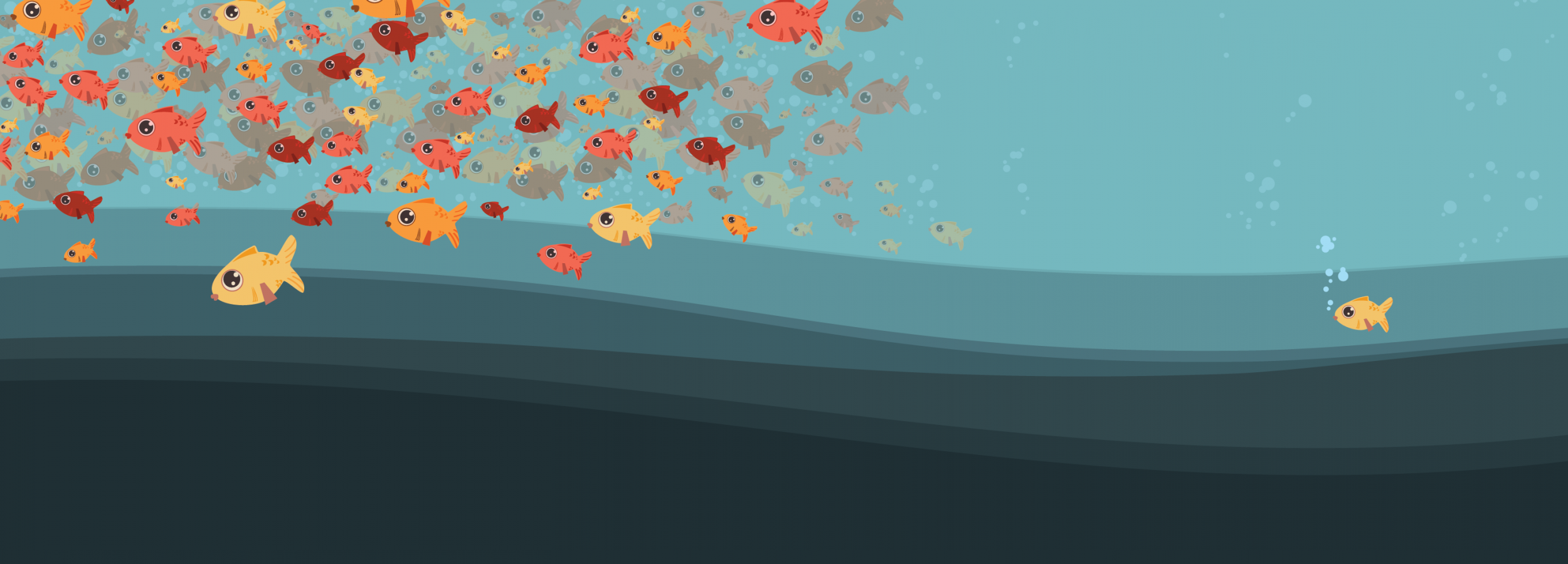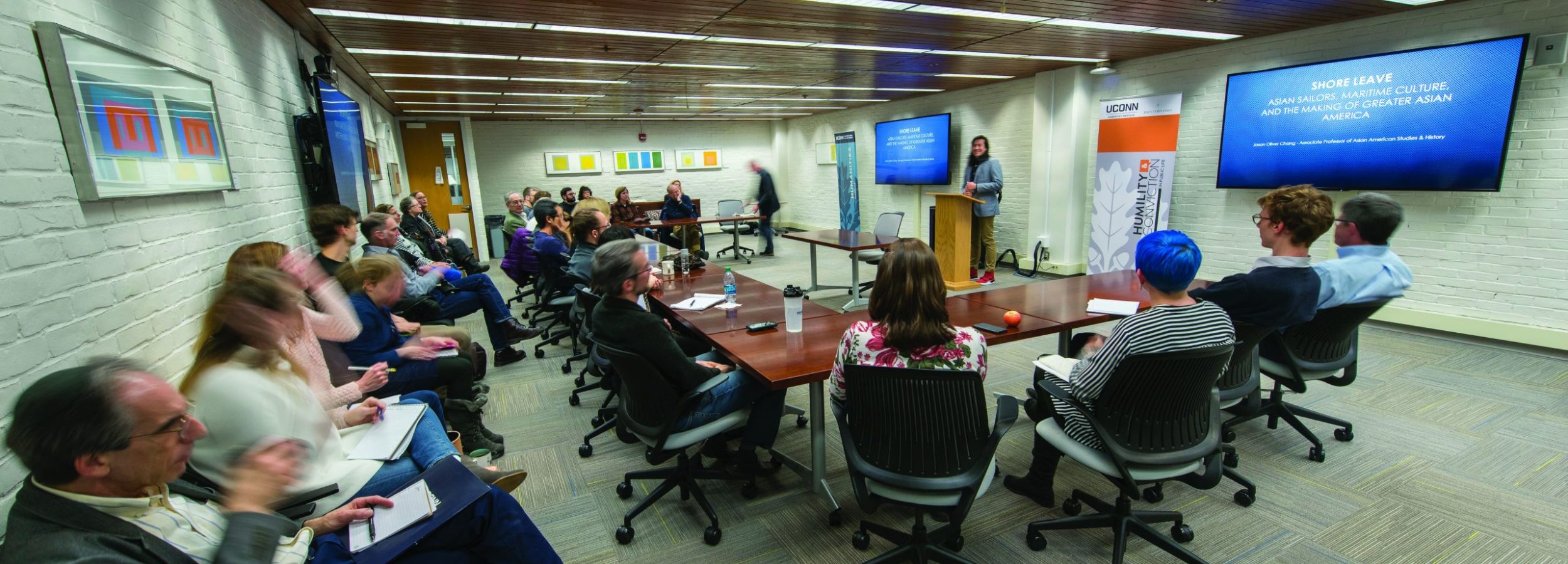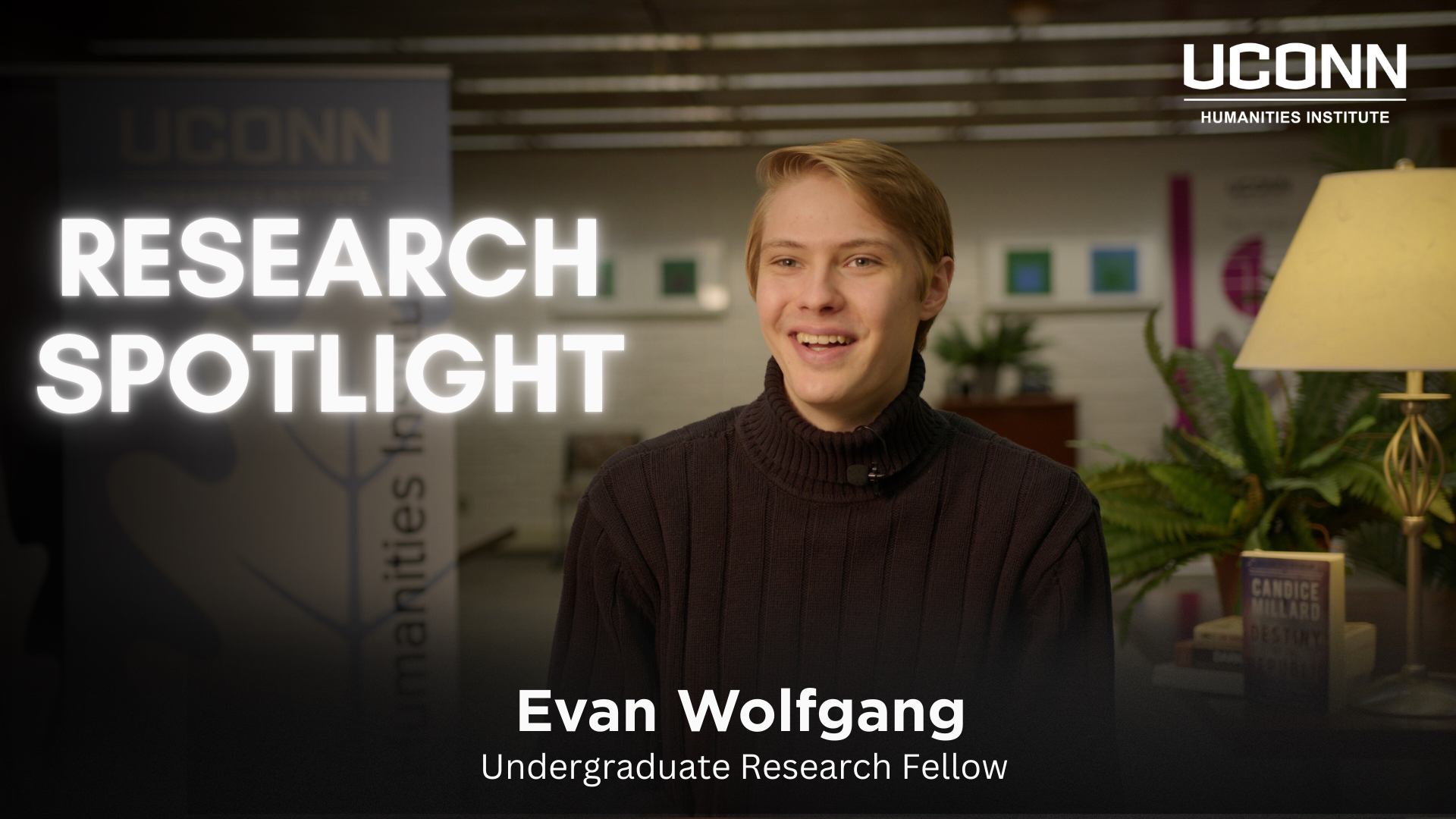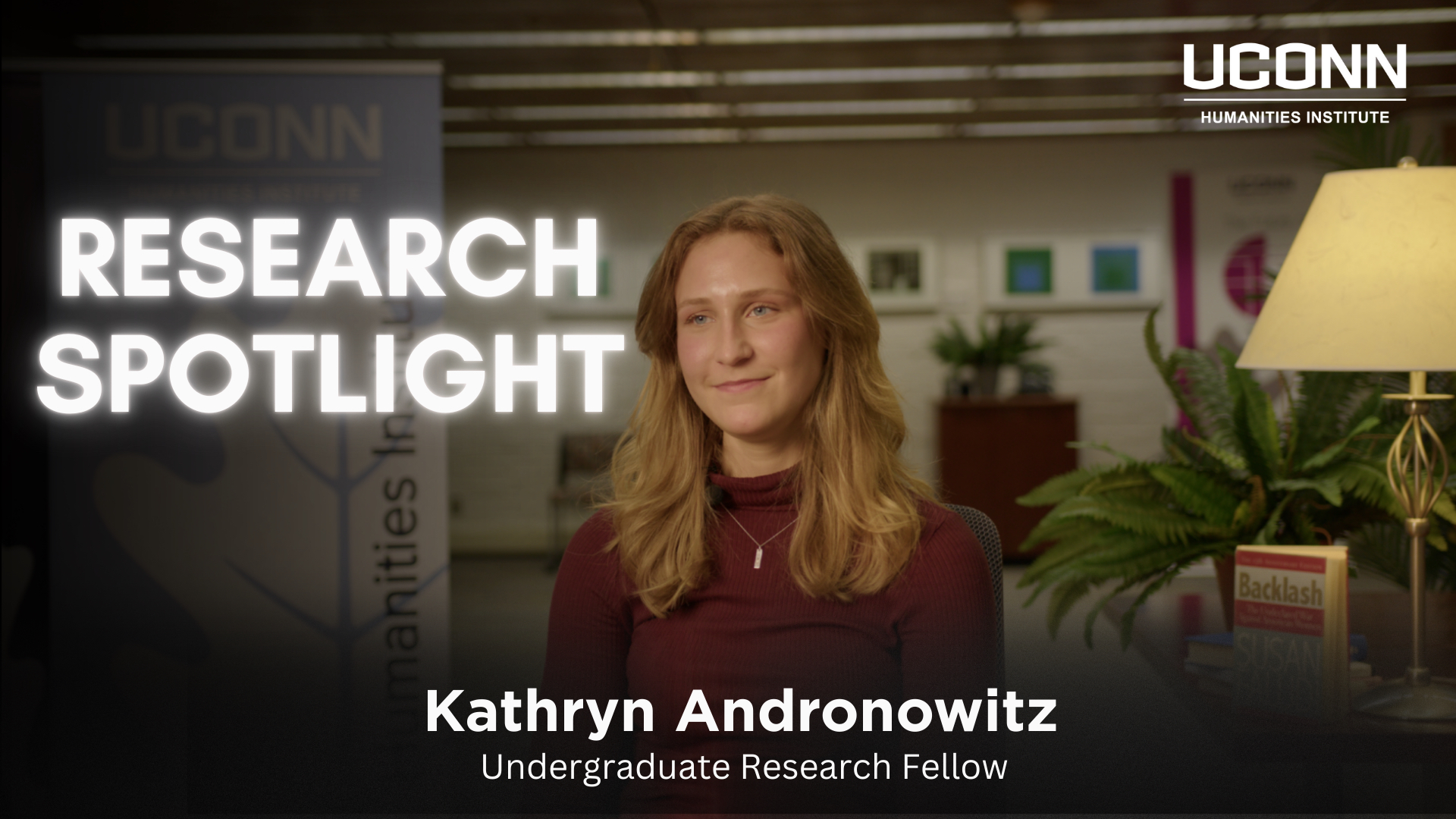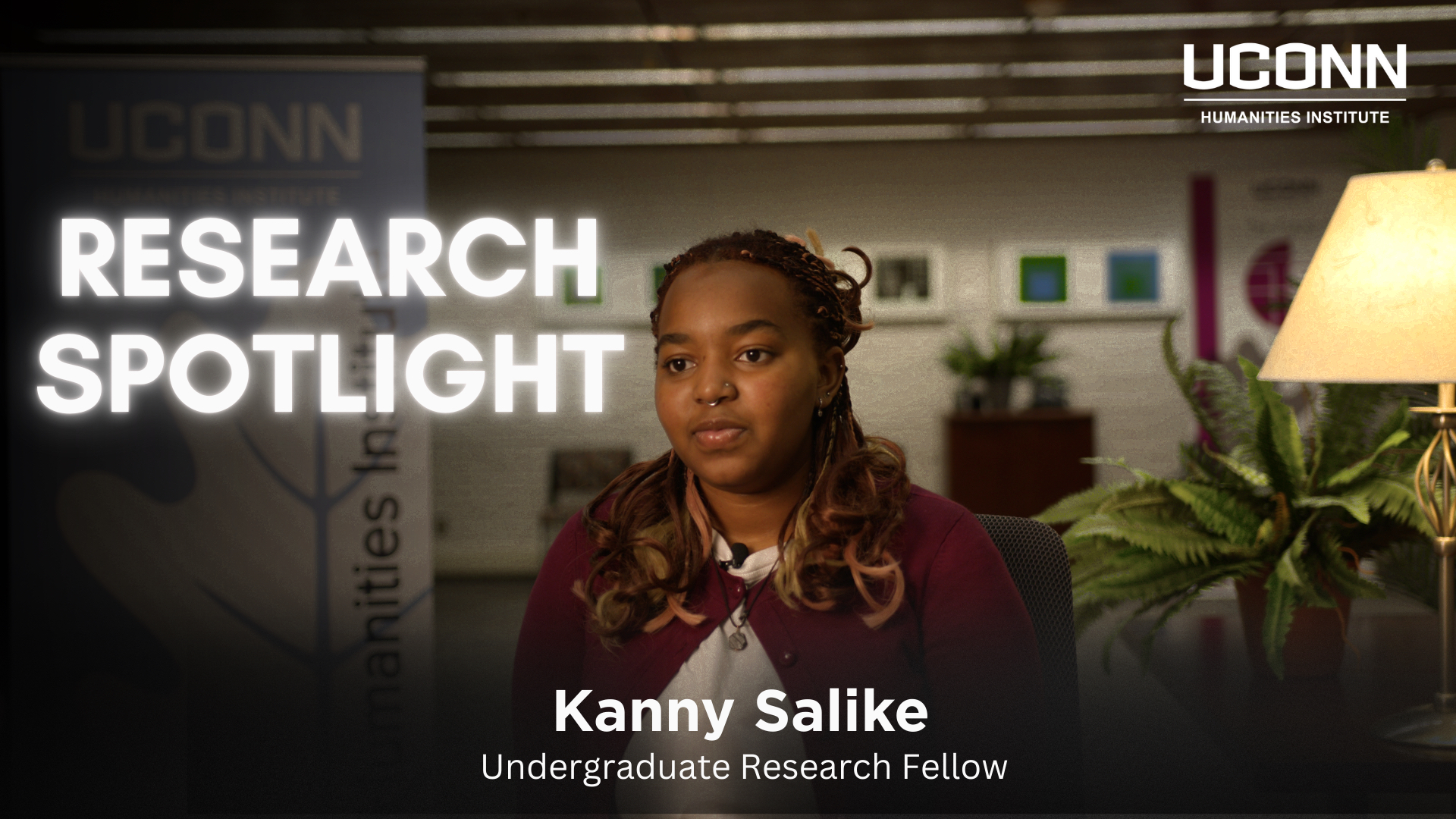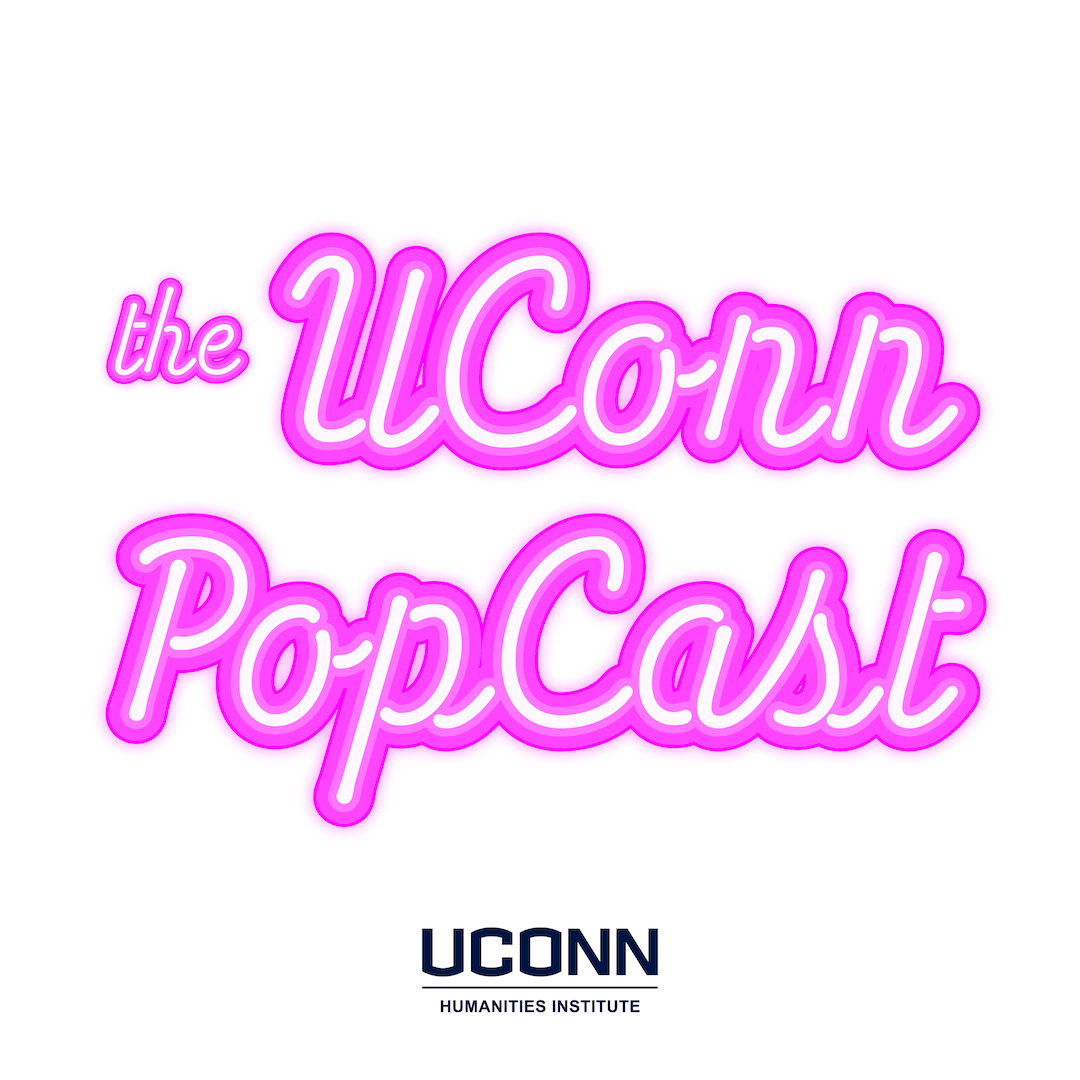The university is a place charged with imagining our collective future. We turn to the humanities to craft the values that will shape that future, and to guide us as we face the challenges ahead.
How do we know what we know? What does the truth look like? Consider these questions and more at our exhibition
Seeing Truth: Art, Science, Museums, and Making Knowledge
William Benton Museum of Art
January 17–March 10, 2023
Learn more
This exhibition is supported by the Henry Luce Foundation.
Image: Blazing the Trail to the Distant Past by Arthur A. Jansson, used with permission from the American Museum of Natural History.
Support Undergraduate innovation this UConn Gives with a gift to the UConn Humanities Institute.
What does it mean to be human?
UConn Humanities
We turn to the humanities to craft the values that will shape our future, and to guide us as we face the challenges ahead. What will it mean to be human in the face of technological and ecological upheaval? How does art and culture enable us to anticipate trends we want to embrace, and help us to avoid ancient pitfalls?
The mission of the UConn Humanities Institute (UCHI) is to catalyze, facilitate, and promote research on these questions, and advocate for that research on local and global stages. By hosting annual fellowships to support scholarship here at UConn and across the world, by supporting humanities-focused programming, and by facilitating an interdisciplinary space for scholars to think, collaborate, and create, UCHI serves as a creative laboratory for scholars and students dedicated to foregrounding human values.
Humanities Institute Success
Established, with the support of a grant from CLAS, the Human-Centered AI team, a cross-disciplinary team of over twenty UConn researchers, to advance AI research that integrates critical humanistic and social scientific perspectives.
Created, with our partners at the Université Internationale de Rabat, multidisciplinary dialogue on AI and its implementation in the US and Africa, supported by a grant of $25,000 by the Consortium of Humanities Centers and Institutes (CHCI).
Awarded a two-year grant of $140,000 by the National Endowment for the Humanities to investigate how legacies of slavery are shaping the perception and reception of conversational artificial intelligence.
Latest News and Events
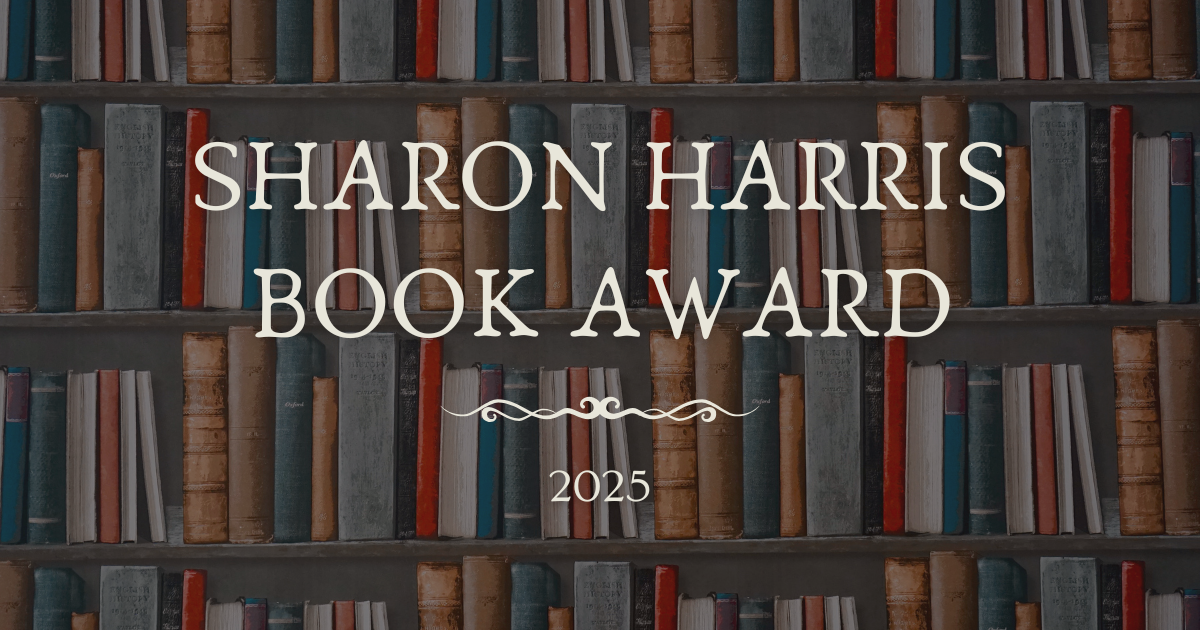
The 2025 Sharon Harris Book Award
The award committee has named Mary Burke’s Race, Politics, and Irish America: A Gothic History and Frank Costigliola’s Kennan: A Life Between Worlds co-recipients of the 2025 Sharon Harris Book Award.
[Read More]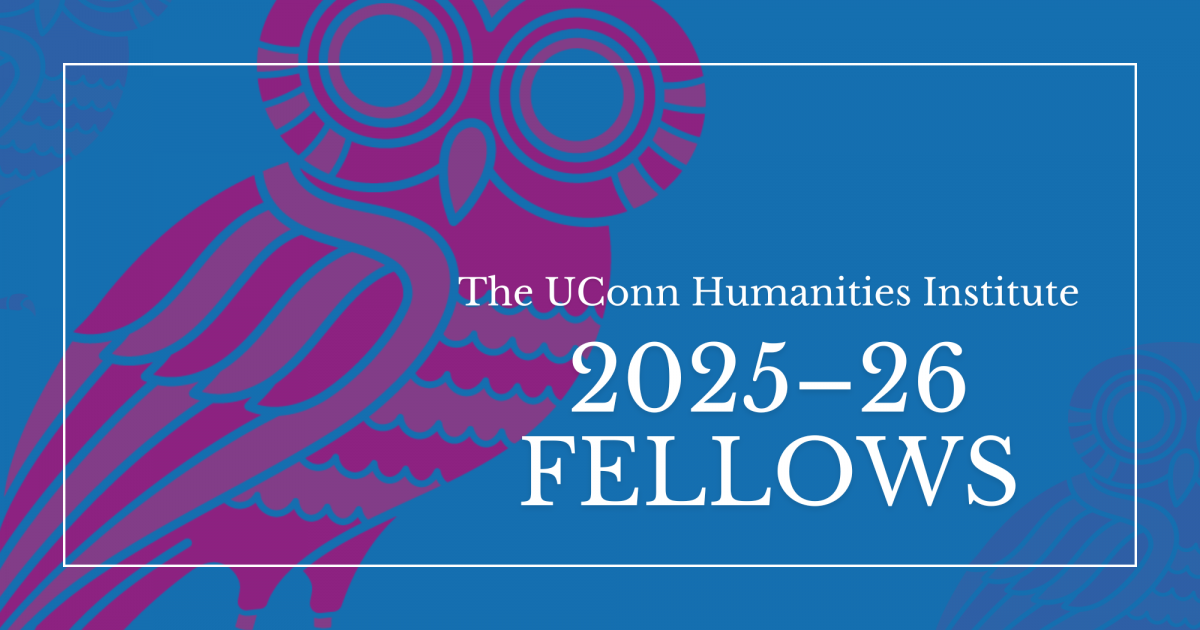
Announcing the 2025–26 Humanities Institute Fellows
UCHI is excited to announce its incoming class of humanities fellows. Their fellowship projects cover time frames from the medieval world to the present day; and engage topics from prison book bans, to disability in film, to environmental justice. Welcome fellows!
[Read More]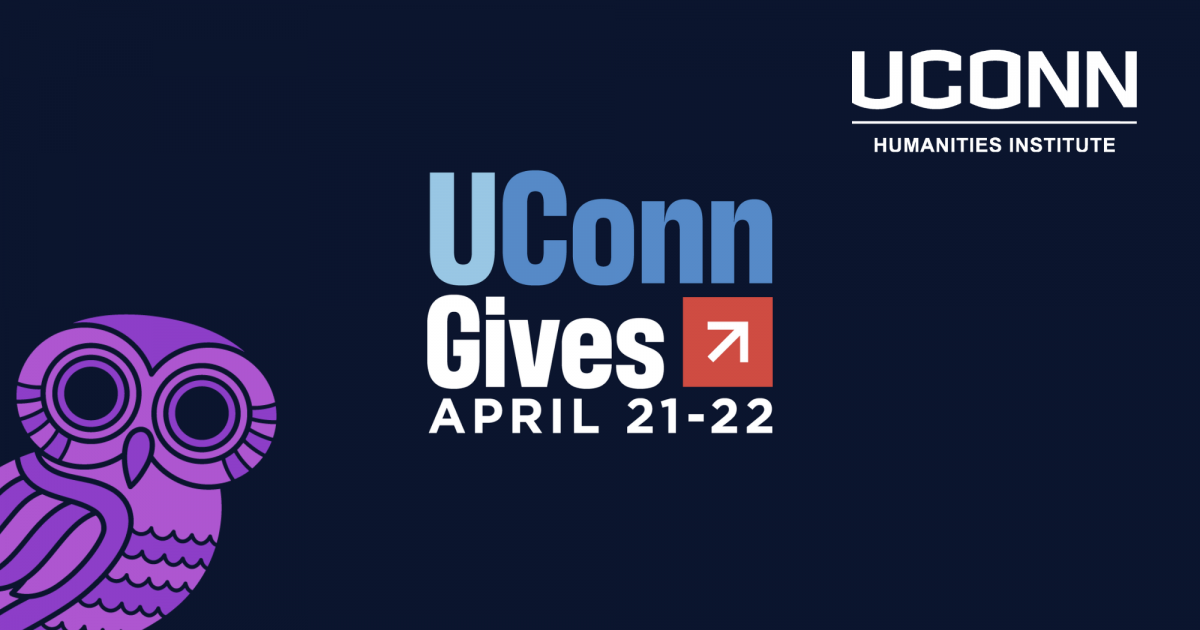
Support a Culture of Connection this UConn Gives
This UConn Gives (April 21–22) give a gift to the Humanities Institute, and join us in combating the loneliness epidemic by investing in humanities-based connection that strengthens both individual wellbeing and our democratic fabric.
[Read More]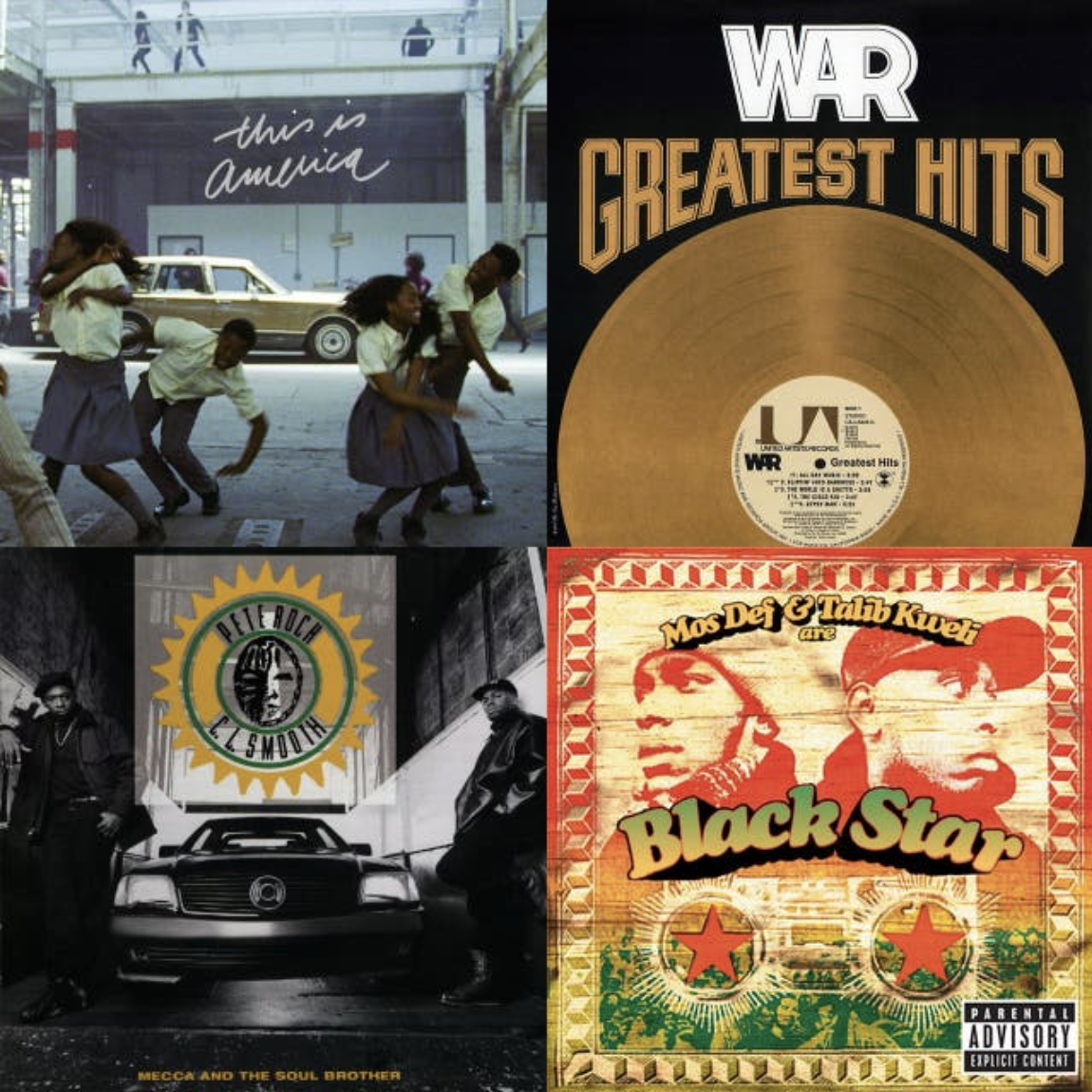
Amanda Douberley says #YouShould...
Listen to Jeffrey O.G. Ogbar’s playlist for the exhibition Facing History
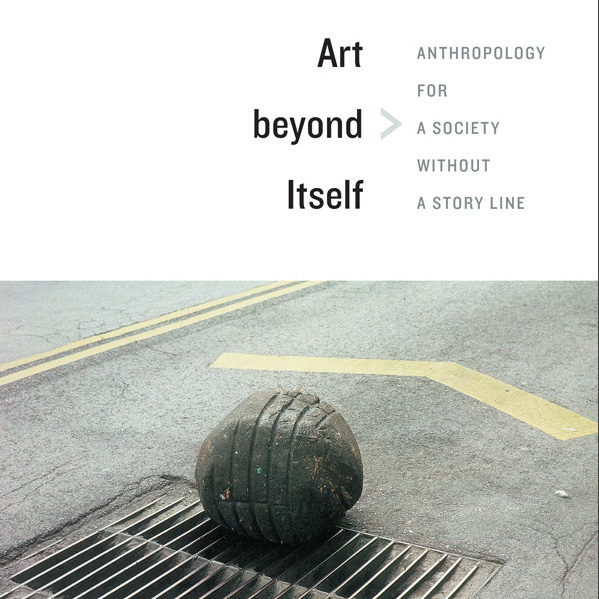
Robin Greeley says #YouShould...
Read Néstor García Canclini’s Art beyond Itself (2014)
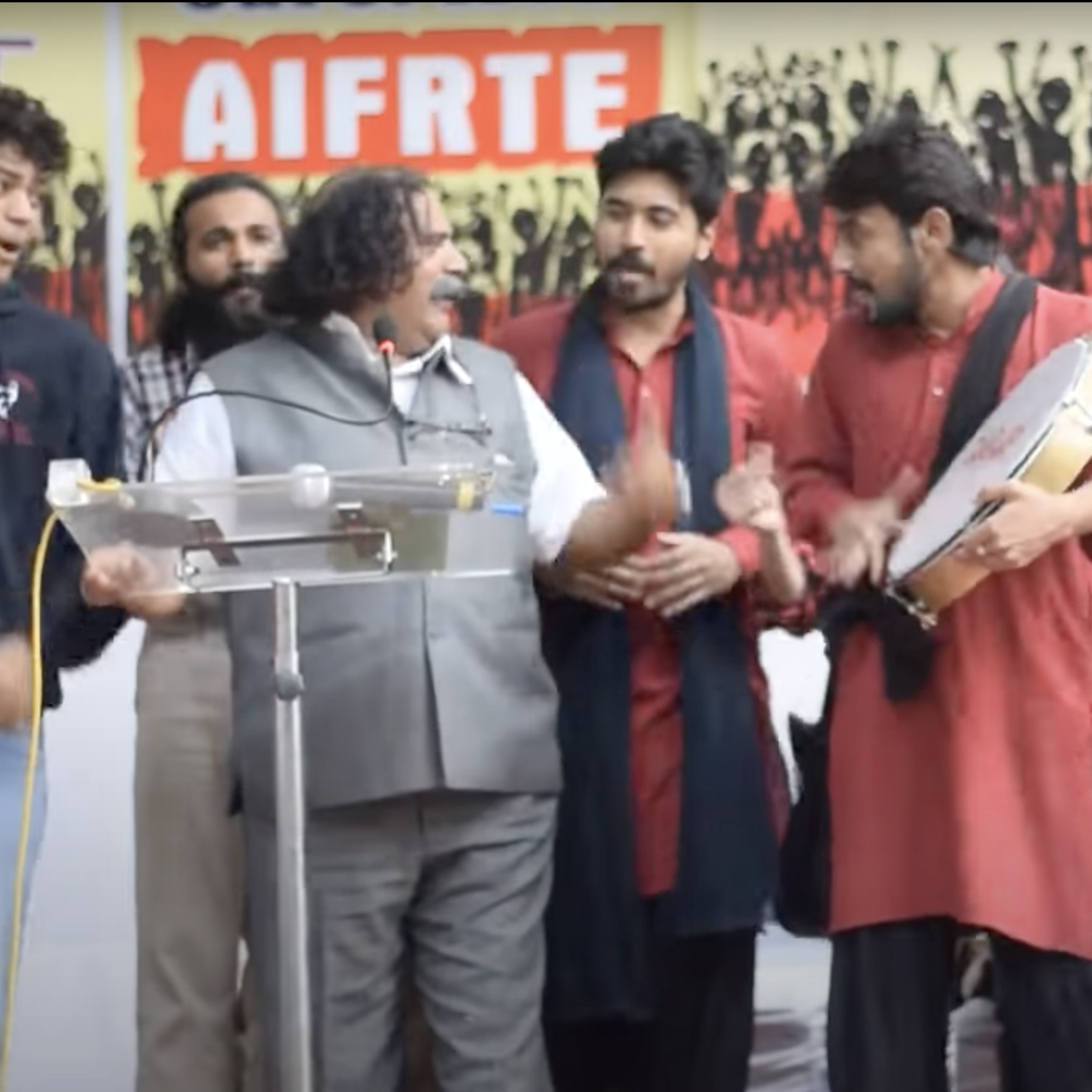
Manisha Desai says #YouShould...
Watch Sambhaji Bhagat
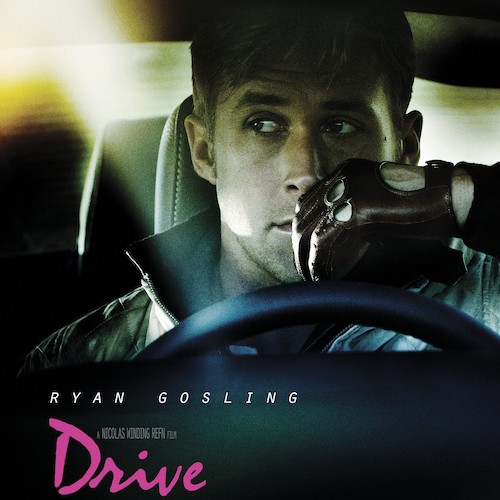
Stephen Dyson says #YouShould...
Watch Drive (2011)
Listen
The UConnPopCast, hosted by Professors Stephen Dyson and Jeff Dudas, features scholarly analyses of popular culture and interviews with prominent scholars.
Why We Argue features conversations with scholars, artists, and scientists about topics related to truth, science, art, political conviction, and more.

